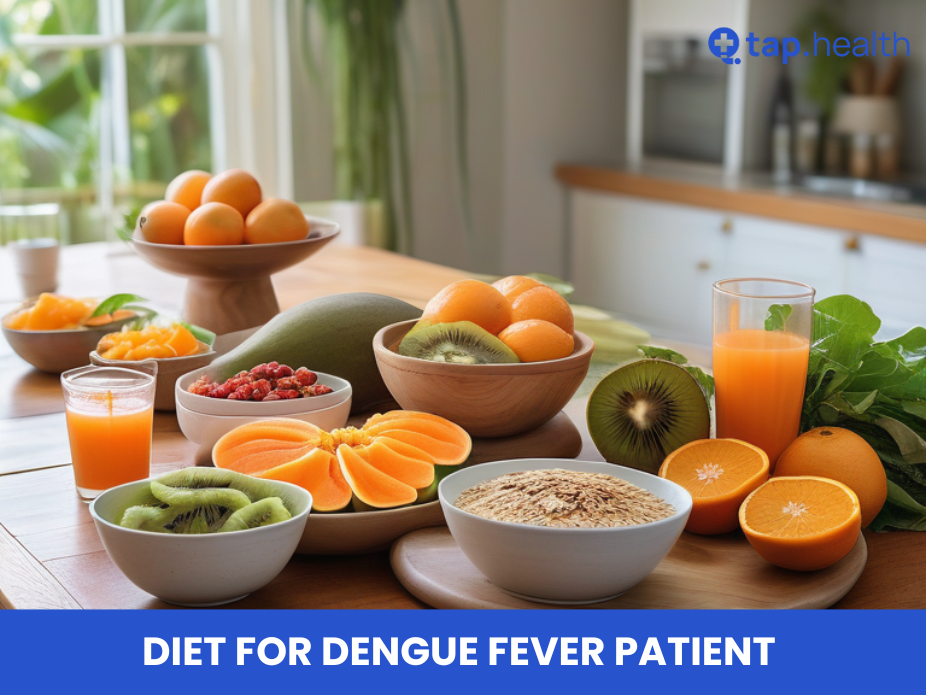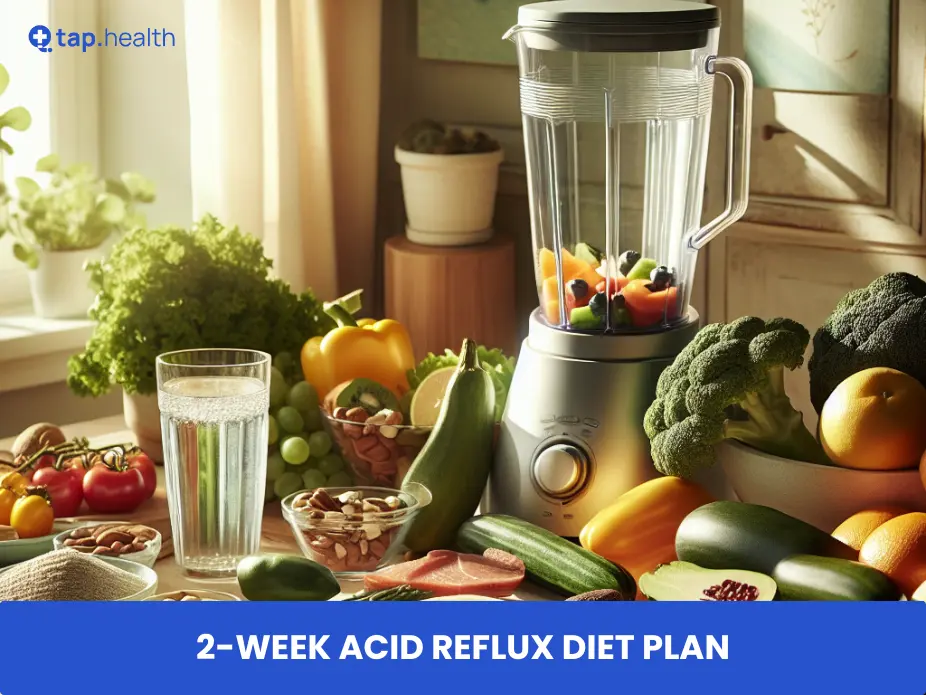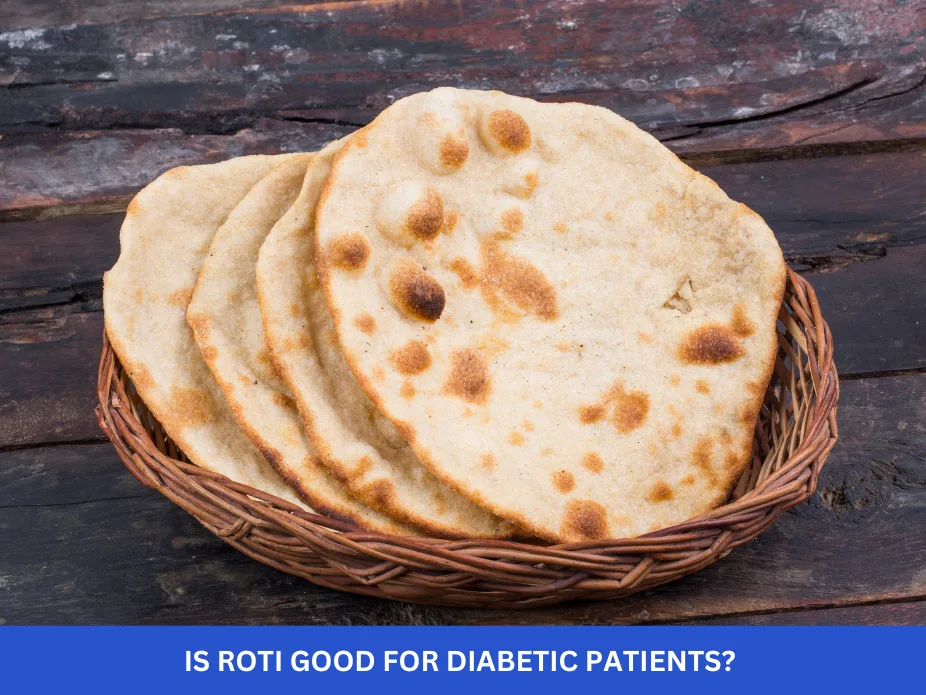Dengue fever, a mosquito-borne viral illness, can cause a range of symptoms from mild fever to severe complications. Effective management of dengue fever involves proper medical care and supportive measures, including a well-balanced diet. This comprehensive guide offers detailed information on the dietary practices that can aid recovery, what to eat, what to avoid, and tips for maintaining hydration.
Importance of Diet in Dengue Fever
Proper nutrition and hydration are essential for several reasons:
- Supporting Immune Function: Nutrients such as vitamins and minerals help strengthen the immune system, enabling the body to fight off the virus more effectively.
- Maintaining Hydration: Dengue fever often causes high fever, vomiting, and diarrhea, leading to a significant loss of fluids and electrolytes. Adequate fluid intake is crucial to prevent dehydration.
- Promoting Healing: Essential nutrients aid in tissue repair and overall recovery from the illness.
- Managing Symptoms: Certain foods can help alleviate common symptoms of dengue fever, such as nausea and fatigue.
What to Eat: Nutrient-Rich Foods
1. Hydrating Foods and Fluids
Hydration is crucial in managing dengue fever due to the risk of dehydration.
- Oral Rehydration Solutions (ORS): ORS are specially formulated to replenish lost fluids and electrolytes. They are highly recommended for dengue patients to maintain electrolyte balance.How to Use ORS: Mix ORS powder with clean water according to the package instructions. Drink regularly throughout the day to stay hydrated.
- Clear Fluids: Drinking clear fluids such as water, herbal teas, and broths helps maintain hydration and soothes the digestive system.Examples:
- Water: Sip water frequently throughout the day.
- Herbal Teas: Ginger tea or chamomile tea can help soothe nausea and provide hydration.
- Clear Broths: Chicken or vegetable broth provides hydration and essential nutrients while being easy to digest.
- Coconut Water: Rich in electrolytes like potassium and sodium, coconut water is an excellent choice for replenishing lost electrolytes and maintaining hydration.How to Use Coconut Water: Drink fresh coconut water directly or use it as a base for smoothies.
2. Easily Digestible Foods
Easily digestible foods are preferable, especially if the patient experiences nausea or a reduced appetite.
- Bland Foods: Foods that are gentle on the stomach and less likely to cause gastrointestinal discomfort.Examples:
- Plain Rice: Provides energy and is easy to digest.
- Toast: A light option that can help settle the stomach.
- Crackers: Mild and easy on the digestive system.
- Bananas: Bananas are easy to digest and high in potassium, which helps replace lost electrolytes and provides energy.How to Eat: Consume a ripe banana as a snack or blend it into a smoothie.
- Applesauce: Mild and soothing to the digestive system, applesauce can be a good option if solid foods are not appealing.How to Eat: Eat a small bowl of unsweetened applesauce between meals.
3. Protein Sources
Proteins are essential for tissue repair and immune function.
- Lean Meats: Chicken and fish are excellent sources of lean protein that aid in muscle repair and immune support.Examples:
- Grilled Chicken Breast: Provides protein without added fat.
- Baked Fish Fillet: A light option rich in protein and omega-3 fatty acids.
- Tofu: A plant-based protein option suitable for vegetarians, tofu is easy to digest and provides essential amino acids.How to Use Tofu: Stir-fry tofu with mild vegetables or add it to soups.
4. Fruits and Vegetables
Fruits and vegetables are rich in vitamins and minerals that support recovery.
- Vitamin C-Rich Foods: Vitamin C helps boost the immune system and aids in tissue repair.Examples:
- Citrus Fruits: Oranges and lemons are high in vitamin C.
- Strawberries: Also rich in vitamin C and antioxidants.
- Bell Peppers: Provide a good amount of vitamin C and other nutrients.
- Vitamin A-Rich Foods: Vitamin A supports the immune system and maintains healthy skin and mucous membranes.Examples:
- Carrots: High in vitamin A and beta-carotene.
- Sweet Potatoes: Provide vitamin A and are easy to digest.
- Spinach: Rich in vitamin A and other essential nutrients.
- Iron-Rich Foods: Iron is important for red blood cell production, especially if bleeding is a concern.Examples:
- Spinach: Contains iron and other essential nutrients.
- Lentils: A good plant-based source of iron.
- Lean Meats: Such as beef or chicken.
5. Small, Frequent Meals
Eating smaller, more frequent meals can be easier to manage, particularly if nausea is present.
- Light Meals: Smaller portions of easily digestible foods can be less overwhelming for the digestive system.Examples:
- Plain Rice with Steamed Vegetables: A light and balanced meal.
- Soup with Rice: Provides hydration and essential nutrients.
What to Avoid: Foods and Beverages to Skip
Certain foods and beverages can worsen symptoms or lead to complications.
1. Spicy and Fatty Foods
- Spicy Foods: Can irritate the digestive tract and exacerbate symptoms like nausea and abdominal pain.Examples:
- Hot Peppers: Avoid dishes with chili or spicy seasonings.
- Spicy Curries: Can be too harsh for an upset stomach.
- Fatty Foods: Greasy or fried foods can be difficult to digest and may worsen gastrointestinal discomfort.Examples:
- Fried Chicken: High in fat and can be hard on the stomach.
- Creamy Sauces: High in fat and can increase nausea.
2. Sugary Foods
- High-Sugar Foods: Excessive sugar can contribute to dehydration and does not provide essential nutrients needed for recovery.Examples:
- Sugary Desserts: Cakes, cookies, and candies.
- Sweetened Beverages: Soft drinks and sugary juices.
3. Alcohol and Caffeinated Beverages
- Alcohol: Can dehydrate the body and interfere with the recovery process.Examples:
- Beer, Wine, Spirits: Avoid these as they can worsen dehydration.
- Caffeinated Beverages: Such as coffee and tea can lead to dehydration and may not offer substantial nutritional benefits.Examples:
- Coffee: Can increase dehydration.
- Caffeinated Tea: Limit intake and choose non-caffeinated options.
4. Heavy or Rich Foods
- Rich Foods: Foods high in fat or rich in spices can strain the digestive system and worsen nausea.Examples:
- Lasagna: High in fat and can be difficult to digest.
- Creamy Pasta Dishes: Can be heavy and hard on the stomach.
Detailed Dietary Recommendations
Breakfast
- Option 1: A bowl of oatmeal topped with fresh fruit slices (such as bananas or berries) and a glass of coconut water. Oatmeal provides energy and is soothing, while coconut water aids hydration.
- Option 2: Whole-grain toast with a boiled egg and herbal tea. This combination offers protein and essential nutrients while being gentle on the stomach.
Mid-Morning Snack
- Option 1: A small serving of yogurt with honey and a few slices of fruit. Yogurt contains probiotics beneficial for digestion, and honey adds a touch of sweetness.
- Option 2: A banana or apple with a handful of nuts. Nuts provide healthy fats and proteins, while the banana or apple offers hydration and energy.
Lunch
- Option 1: Chicken or vegetable soup with rice and a side of steamed vegetables. This meal is balanced and provides hydration while being easy to digest.
- Option 2: A grilled fish fillet with mashed sweet potatoes and a small salad. Fish provides protein and omega-3 fatty acids, while sweet potatoes offer vitamins and energy.
Afternoon Snack
- Option 1: A smoothie made with spinach, banana, and yogurt. This combination offers vitamins, minerals, and proteins while being easy to digest.
- Option 2: A handful of dried fruits and nuts. This provides quick energy and essential nutrients.
Dinner
- Option 1: A mild curry with chicken or tofu, served with steamed rice and a side of sautéed greens. This balanced meal includes proteins, carbohydrates, and vegetables.
- Option 2: Baked salmon with quinoa and a side of steamed broccoli. Salmon provides omega-3 fatty acids and protein, while quinoa offers complete protein and fiber.
Hydration Throughout the Day
- Constantly Sip Water: Aim to drink small sips of water regularly throughout the day to stay hydrated.
- Herbal Teas: Ginger tea or chamomile tea can help soothe nausea and aid digestion.
- Coconut Water: Provides electrolytes and helps with hydration. Drink throughout the day or use it as a base for smoothies.
Special Considerations
Managing Nausea
Nausea is a common symptom of dengue fever and can make eating difficult.
- Ginger: Ginger tea or ginger ale with real ginger can help soothe nausea. Ginger has natural anti-nausea properties and can be soothing to the stomach.
- Avoid Strong Odors: Strong-smelling foods and cooking odors can exacerbate nausea. Opt for mild-smelling foods and ensure good ventilation while cooking.
- Eat Cold Foods: Cold or room-temperature foods may be easier to tolerate than hot foods, which can sometimes worsen nausea.
Managing Fever
Fever increases fluid loss and can affect appetite.
- Stay Cool: Wear light clothing and use a fan to maintain a comfortable temperature. Keeping the environment cool can help manage fever and discomfort.
- Consume Hydrating Foods: Foods with high water content, such as cucumbers and watermelon, help with hydration and provide essential nutrients.
- Eat Light: Focus on easily digestible foods to avoid adding stress to your digestive system. Opt for light and bland meals.
When to Seek Medical Advice
While dietary management is crucial, it is important to seek medical advice if:
- Severe Symptoms: If the patient shows signs of severe dengue, such as severe abdominal pain, persistent vomiting, bleeding, or difficulty breathing.
- Hydration Issues: If the patient cannot keep fluids down or shows signs of dehydration, such as dark urine or dizziness.
- Persistent Symptoms: If symptoms do not improve or worsen despite dietary adjustments. Persistent symptoms may require medical intervention.
FAQ on Diet for Dengue Fever Patients
1. What should I eat if I have dengue fever?
When managing dengue fever, focus on:
- Hydrating Fluids: Consume oral rehydration solutions, coconut water, and clear broths to stay hydrated.
- Easily Digestible Foods: Opt for plain rice, toast, bananas, and applesauce.
- Lean Proteins: Include lean meats such as chicken and fish or plant-based options like tofu.
- Fruits and Vegetables: Eat vitamin-rich fruits (like oranges and strawberries) and vegetables (such as carrots and spinach) to aid recovery and boost immune function.
2. What foods should be avoided during dengue fever?
Avoid the following to prevent aggravating symptoms:
- Spicy and Fatty Foods: These can irritate the stomach and worsen nausea.
- Sugary Foods: Excess sugar can lead to dehydration and lacks essential nutrients.
- Alcohol and Caffeinated Beverages: These can dehydrate the body and interfere with recovery.
- Heavy or Rich Foods: Difficult-to-digest foods can exacerbate gastrointestinal discomfort.
3. How important is hydration during dengue fever?
Hydration is crucial for:
- Preventing Dehydration: Helps maintain fluid balance, especially with fever, vomiting, and diarrhea.
- Supporting Recovery: Facilitates healing and overall health.
- Maintaining Energy Levels: Prevents fatigue and supports bodily functions.
4. Can I eat fruits and vegetables with dengue fever?
Yes, fruits and vegetables are beneficial:
- Easily Digestible Options: Such as bananas and apples are gentle on the stomach.
- Vitamin-Rich Choices: Citrus fruits for vitamin C and leafy greens for iron and vitamin A support recovery.
- Nutrient-Dense Foods: Spinach and sweet potatoes provide essential nutrients.
5. How can I manage nausea while eating during dengue fever?
To alleviate nausea:
- Ginger: Ginger tea or ginger ale can help soothe the stomach.
- Cold Foods: Opt for cold or room-temperature foods which may be easier to tolerate.
- Avoid Strong Odors: Minimize exposure to strong-smelling foods and cooking smells.
6. When should I seek medical advice related to diet and dengue fever?
Seek medical help if:
- Severe Symptoms: Such as intense abdominal pain, persistent vomiting, or unusual bleeding.
- Hydration Issues: Difficulty keeping fluids down or signs of dehydration, like dark urine or dizziness.
- Persistent or Worsening Symptoms: Symptoms do not improve with dietary adjustments or worsen.
References
- Narayana Health. “Food and Diet for Dengue Patients.”. Narayana Health Blog
- Rehab Cure. “Diet for Dengue Patients.” . Rehab Cure Blog



